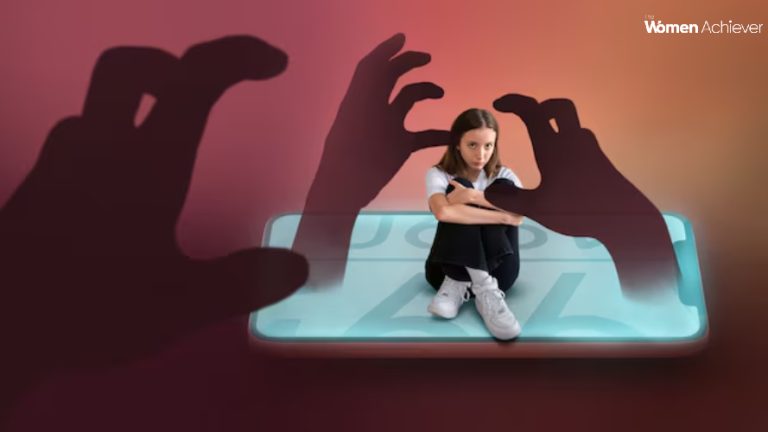Here’s about Women Fighting Back Against Cyber Abuse
With the age of digital empowerment, women are more connected than ever-running businesses, blogging, creating personal brands on the internet, but with exposure comes a plainly rude wave of cyber harassment, from body shaming and cyber bullying to stalking and doxxing. For most, the web has been a double-edged sword-empowering in one way, unsafe in another.
The fear of online harassment
Women-most notably women in vulnerable groups-are disproportionately targeted by online hate, a new report suggests. Women journalists, campaigners, and bloggers are regularly targeted by constant trolling and threats for no greater offense than expressing an opinion or existing in the public sphere. An abusive post can spiral rapidly into prolonged harassment campaigns that have an all too real impact on mental health and well-being.
The Culture of Silence
Even when the pervasiveness of cyber abuse becomes so widespread that it gets into the newspapers, women usually do not complain. The possibility of getting blamed, targeted a second time, or ignored by the authorities usually keeps victims silent. In some instances, however, the systems in place to protect women-social media platforms, law enforcement agencies, or the court system-are too lethargic to respond or not powerful enough.
Women Are Fighting Back
But revolution is not far away. Women everywhere are taking a stand, undeterred by threats.
Grass Roots Campaigns: Grassroots campaigns like #TrollAlert, #StopOnlineAbuse, and India’s #DigitalHifazat have gained momentum, encouraging women to report and document online abuse.
Legal Reforms: Countries are slowly amending cyber laws to offer more protection to women. Section 66A of the IT Act has been struck down in India in 2015, and new amendments are being sought to seal loopholes.
Tech Tools: Female entrepreneurs are building tools to block, report, and track online abuse. Applications like Block Party allow individuals to build safer digital lives through blocking harassing content.
Counselling and Support: Non-governmental organizations and websites now offer such safe platforms where victims can receive psychological counseling, legal assistance, and healing without bias.
Voices That Inspire
From Indian celebrities like Chinmayi Sripaada to United States Gamergate survivor Brianna Wu, women are standing up and telling their stories boldly. They have revealed the extent of abuse online and forced platforms like Twitter (now X), Meta, and Instagram to improve their moderation policies.
What You Can Do
Speak Up: Don’t just scroll by online abuse if you witness it. Report it. Call it out.
Support Others: Engage with victims, provide them with a voice, and refer them to the proper resources.
Secure Your Space: Utilize privacy settings, block/report tools, and become informed about digital rights.
Push for Policy Change: Pressure social media companies as well as local officials to act.
Conclusion: Cyber abuse isn’t a “women’s issue”-it’s a human rights issue. And the fight against it begins with shattering the silence. Every time a woman stands, speaks, or helps another person through the trauma, she breaks down a culture that once bloomed in silence.






Add comment